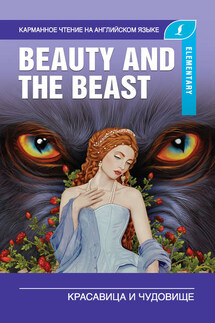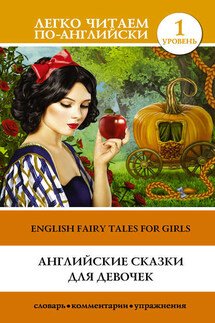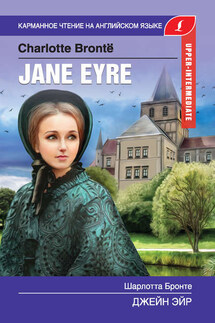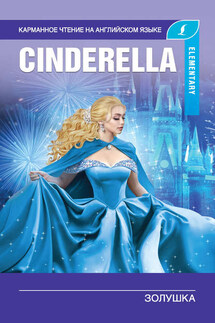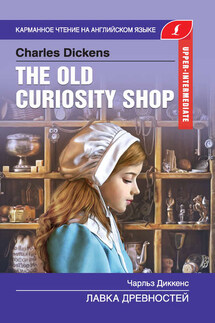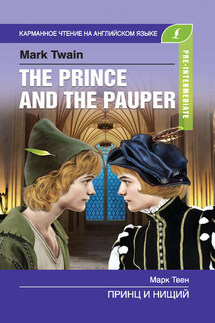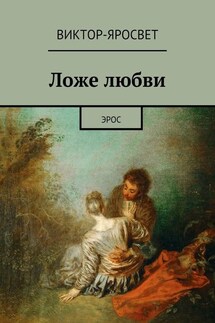There was once a very rich merchant, who had six children: three sons and three daughters. His daughters were extremely beautiful, especially the youngest. When she was little, everybody admired her and called her “the Little Beauty”; so that, as she grew up, she still went by the name of Beauty[1], which made her sisters very jealous.
The youngest, as she was the most beautiful, was also better than her sisters. The two eldest had a great deal of pride, because they were rich. They went out every day to parties, balls, plays, concerts, and so forth, and they laughed at their youngest sister, because she spent the greatest part of her time in reading good books.
As it was known that their fortunes were great[2], several eminent merchants proposed to them, but the two eldest said they would never marry unless they could meet with a duke, or an earl at least. Beauty very civilly thanked those that courted her and told them she was too young yet to marry, and chose to stay with her father a few years longer.
Then, all at once[3], the merchant lost his whole fortune, excepting a small country house at a great distance from town, and told his children with tears in his eyes they had to go there and work for their living. The two eldest answered that they would not leave the town for they had several lovers, who they were sure would be glad to have them, though they had no fortune[4]; but the good ladies were mistaken, for their lovers slighted and forsook them in their poverty. As they were not beloved because of their pride, everybody said, “They do not deserve to be pitied.” “But”, added they, “we are extremely concerned for Beauty; she was such a charming, sweet-tempered creature, spoke so kindly to poor people, and was of such an affable, obliging behaviour.” Nay, several gentlemen were ready to marry her, though they knew she had not a penny, but she told them she could not think of leaving her poor father in his misfortunes and was determined to go along with him into the country to comfort and attend him. Poor Beauty at first was sadly grieved at the loss of her fortune[5]. “But,” said she to herself, “I must try to make myself happy without a fortune.”
When they came to their country house, the merchant and his three sons applied themselves to husbandry and tillage[6], and Beauty rose at four in the morning and made haste to clean the house and cook dinner for the family. In the beginning she found it very difficult, for she had not been used to work as a servant, but in less than two months she grew stronger and healthier than ever. After she had done her work, she read, played the piano, or sung while she spun.
On the contrary, her two sisters did not know how to spend their time; they got up at ten and did nothing but wander about the whole day, lamenting the loss of their fine clothes and acquaintance. “Look at our youngest sister,” said they, one to the other, “what a poor, stupid, mean-spirited creature she is, to be contented with such an unhappy situation.”
The good merchant was of quite a different opinion; he knew very well that Beauty was better than her sisters, in her person as well as her mind, and admired her humility, industry and patience, for her sisters not only left her all the work of the house to do but insulted her every moment.
![]()
The family had lived about a year in this retirement when the merchant received a letter with an account that the vessel on board of which he had some goods safely arrived. This news made the two eldest daughters happy and they immediately flattered themselves with the hopes of returning to town[7], for they were quite weary of a country life, and when they saw their father ready to set out, they begged him to buy them new dresses, ribbons, and other trifles; but Beauty asked for nothing for she thought that all the money her father was going to receive would not be sufficient to purchase everything her sisters wanted.
“What will you have, Beauty?” said her father.
“Since you have the goodness to think of me[8],” answered she, “be so kind to bring me a rose, for as none grows hereabouts, they are a kind of rarity.”
The merchant went on his journey, but when he came there, they went to law with him about the merchandise[9], and after a great deal of trouble and pains to no purpose[10], he came back as poor as before.
He was not far from his own house, thinking on the pleasure he should have in seeing his children again, when going through a large forest he lost himself[11]. It rained and snowed terribly, and the wind was so high that it threw him twice off his horse[12], and he heard wolves’ howling all round him. Suddenly he saw a light at some distance. It came from a palace illuminated from top to bottom. The merchant thanked God for this happy discovery and hastened to the place, but he was greatly surprised at not meeting with anyone in the outer courts. His horse followed him and, seeing a large stable open, went in and, finding both hay and oats. The poor beast, who was almost famished, started to eat greedily. The merchant tied him up to the manger and walked towards the house, where he saw no one. Entering into a large hall, he found a good fire and a table
